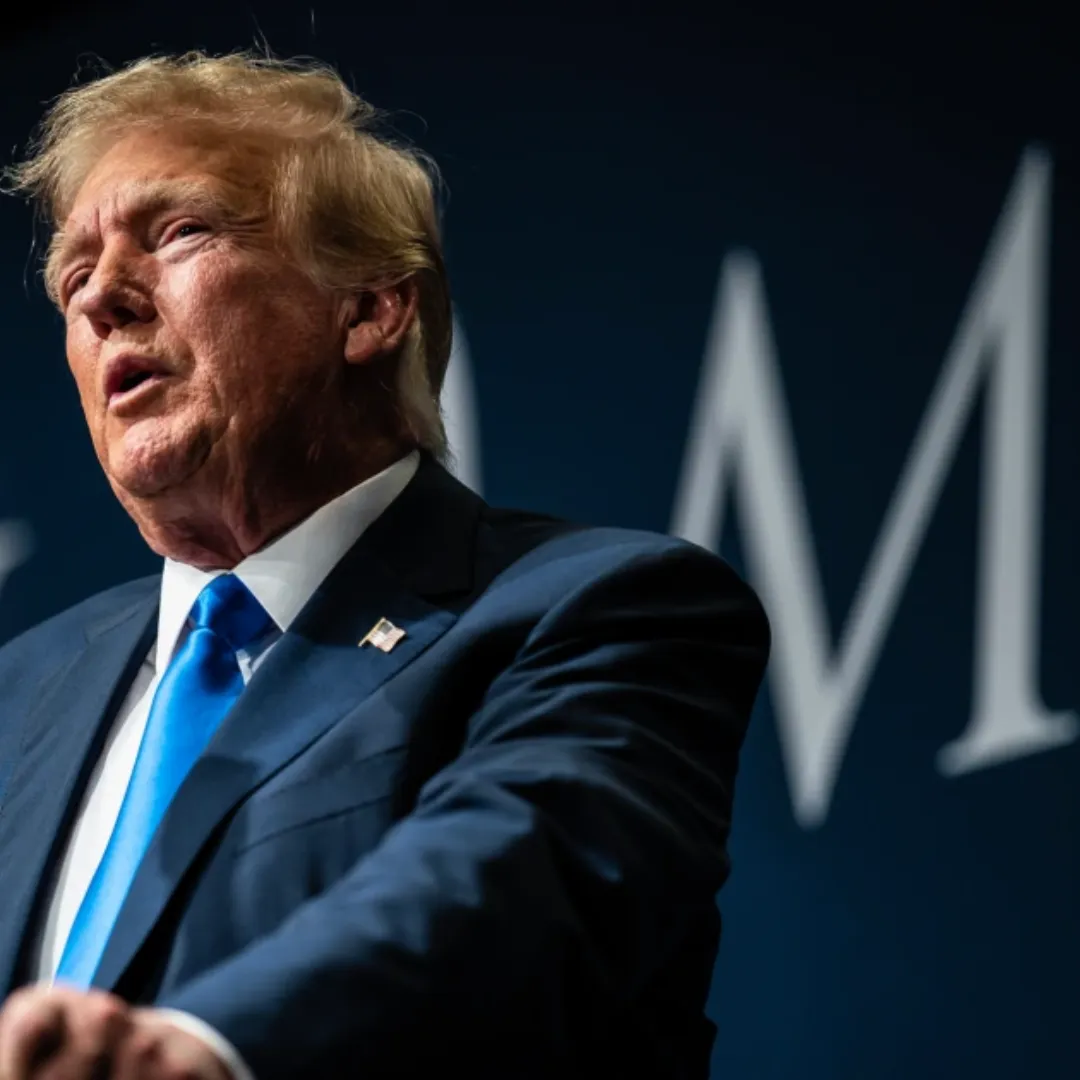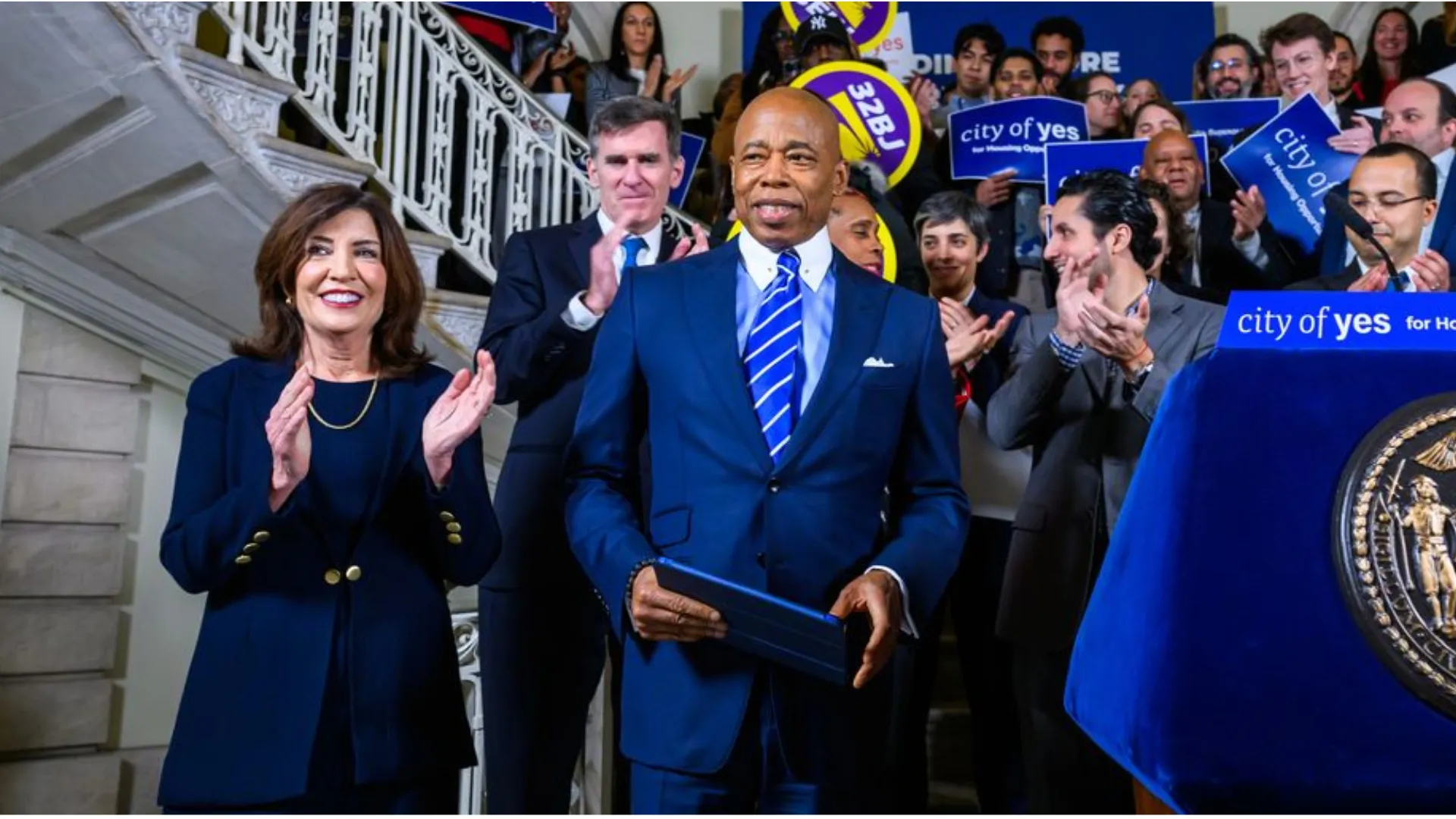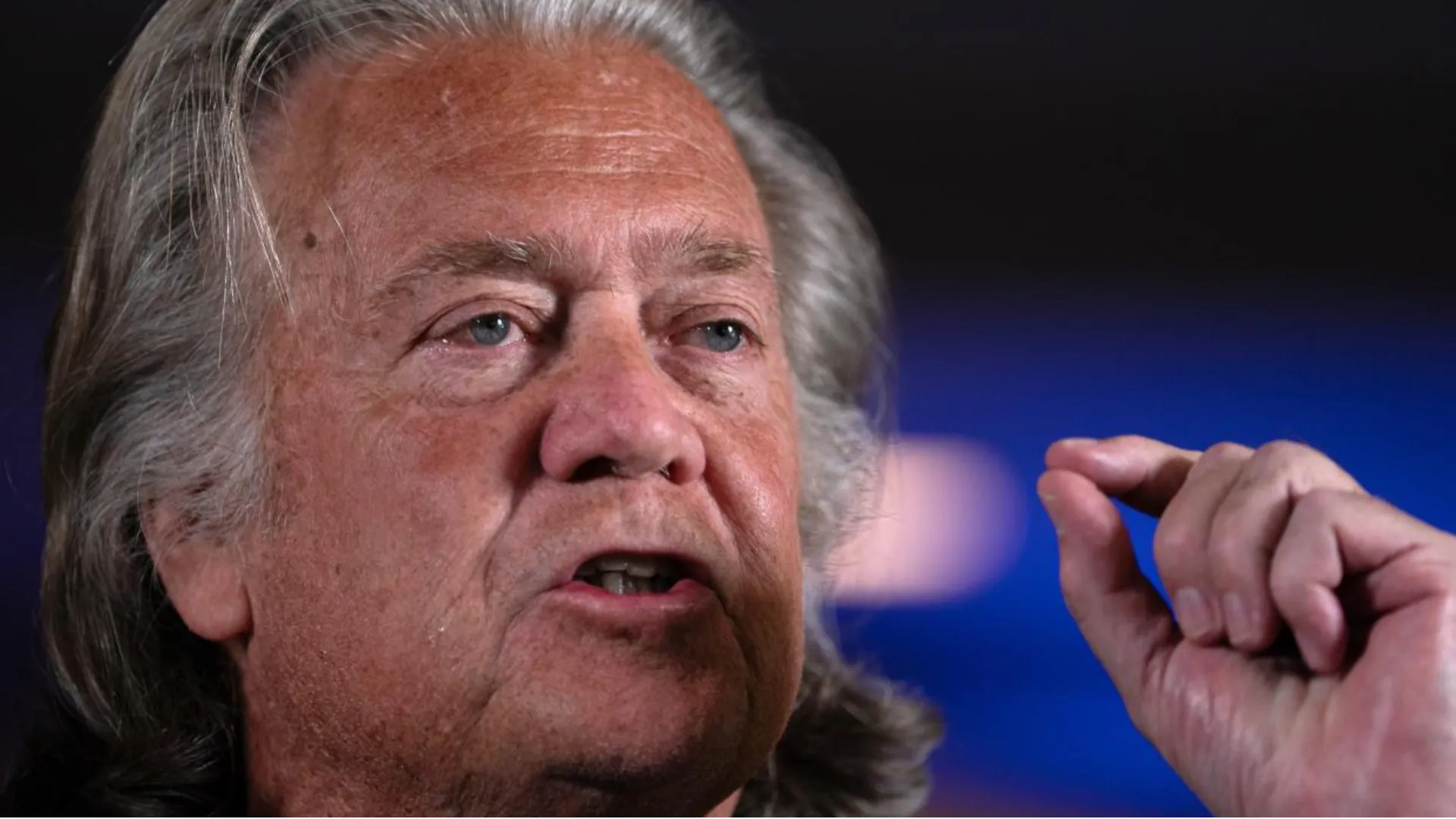
Republicans are facing a fierce backlash from House Democrats over their latest attempt to pass a revamped government funding bill. The GOP's so-called "Plan B" aims to keep the government running while addressing the debt ceiling, but Democrats argue it is yet another example of Republican leaders bowing to the will of wealthy donors and elite interests.
The clash erupted during a closed-door meeting in the Capitol basement, where Democratic leaders laid out their strategy to block the Republican proposal.
House Minority Leader Hakeem Jeffries (D-N.Y.) did not mince words, calling the GOP’s plan “laughable” and urging his party to stay united against it. “You heard the two-word position,” quipped Rep. Jared Huffman (D-Calif.) as loud chants of "hell no" echoed through the halls. The unified message made it clear: Democrats would not support any bill that prioritizes the interests of the ultra-wealthy over the needs of working Americans.

The Republican plan, led by House Speaker Mike Johnson (R-La.), proposed suspending the debt limit for two years, allocating billions in disaster relief, and offering economic assistance. However, the proposal came at a cost. It stripped out critical bipartisan provisions, including health care reforms, extensions for essential social programs, and pay adjustments for congressional staff.
These cuts, according to Democrats, are a blatant attempt to pander to Republican megadonors who want smaller government and fewer social protections.
The vote, scheduled for later in the evening, is being conducted under a fast-track suspension calendar, which requires a two-thirds majority to pass. With unified Democratic opposition, it is virtually guaranteed to fail. This will force Republican leaders to either attempt to push the bill through the contentious Rules Committee—where hardline conservatives could sink it—or to scrap the plan entirely and move on to a “Plan C.”

The situation is further complicated by former President Donald Trump’s involvement. Trump has been a vocal critic of bipartisan funding deals and has made it clear he will not support any proposal that does not address the debt ceiling.
In a post on Truth Social, Trump issued a warning to any Republican lawmakers considering a compromise with Democrats. “Unless the Democrats terminate or substantially extend the debt ceiling now, I will fight ‘till the end,” he wrote, adding that GOP members who support a stopgap funding bill without a debt ceiling suspension would face primary challenges.
This added pressure from Trump has placed Republican leaders in a political stranglehold. While some in the GOP seek to avoid a government shutdown, others are more concerned with maintaining loyalty to Trump’s “America First” agenda.

Trump further escalated tensions by urging both parties to support the new legislation, claiming it would "fund our Great Farmers and others" and "provide relief for those severely impacted by the devastating hurricanes.” But his emphasis on pushing out the debt ceiling deadline by two years sparked criticism, as it seemed to prioritize Republican power plays over financial stability.
On the Democratic side, party leaders have doubled down on their refusal to engage in political hostage-taking. They continue to advocate for the passage of a previously agreed-upon 1,500-page bipartisan funding package.
This plan includes disaster relief, economic aid for farmers, and key health care provisions that support vulnerable communities. Unlike the GOP’s rushed "Plan B," the bipartisan deal reflects a more comprehensive approach to government funding, balancing fiscal responsibility with social support.

Rep. Richard Neal (D-Mass.), a top Democrat on the tax-focused Ways and Means Committee, echoed these sentiments, stating that while addressing the debt ceiling is necessary, it should be done in a separate and deliberate process—not in a last-minute scramble to avert a shutdown. “The debt ceiling is legitimate, but it has to be decided and discussed in a separate forum,” Neal said.
House Minority Leader Jeffries also left the door open to negotiating a leaner funding package, but he drew a firm line at including a debt ceiling suspension. "We will not allow them to use the debt ceiling as a bargaining chip to undermine support for working families," Jeffries declared.
As the deadline for a government shutdown approaches, the standoff reveals a stark divide in political strategy. Democrats have framed the GOP’s efforts as a ploy to serve wealthy interests and powerful donors, while Republicans claim their plan will prevent a shutdown and secure economic stability.
For now, the path forward remains uncertain, but one thing is clear: Democrats are ready to fight against any attempt to let elite donors dictate the course of American politics.



